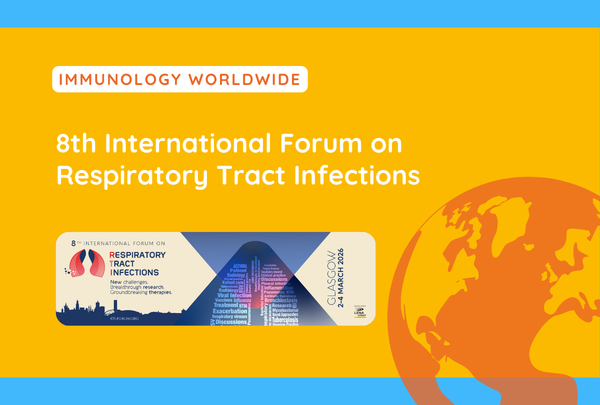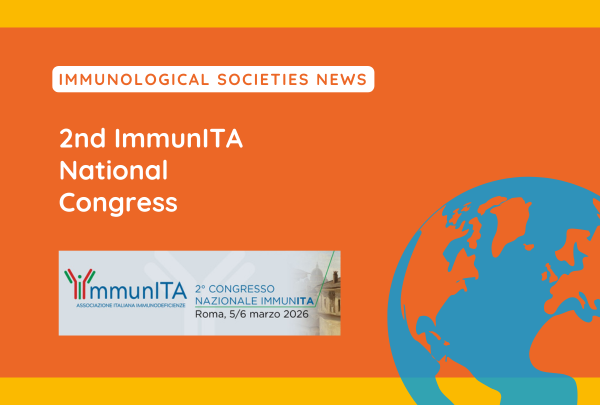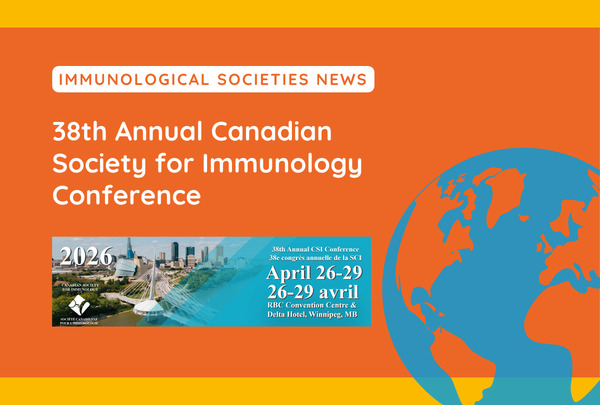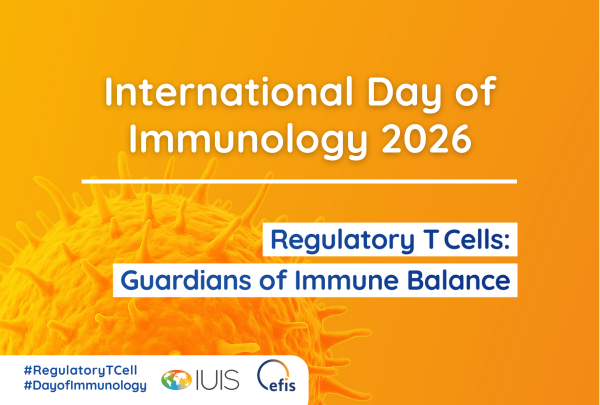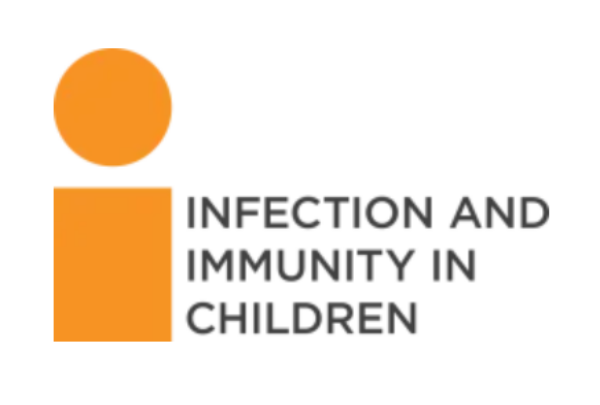
Invited speakers are chosen based on their expertise in basic and clinical immunology, as well as their teaching skills. The lectures cover the major topics in cellular and molecular immunology, including innate immunity, B cells, T cells, dendritic cells, cytokines and mucosal immunity. Other lectures cover autoimmune, allergic and immunodeficiency diseases, as well as new advances in interventional and clinical immunology and the molecular and genetic basis of immunologically-mediated diseases. All lecturers encourage interaction with the students through questions and discussions during lecture time. There is also ample opportunity for students to interact with the faculty outside the lecture room.
Course Objectives
At the conclusion of this course, attendees will be able to:
- Discuss the fundamental mechanisms underlying protective immune responses, and discuss the recent advances and emerging themes in immunology research.
- Describe the fundamental mechanisms underlying immunologic disease and associate these mechanisms with strategies for therapeutic modulation of the immune system.
- Appreciate the basic immunological principles underlying biotherapeutics, recognize the commonality among diverse organ-specific disease states and infer the mechanisms of therapeutic effect.
- Analyze the medical literature reporting immunologic advances pertinent to their patients, cite the rationale for use of new immunodiagnostic and immunotherapeutic modalities in their patients, and serve as thought leaders within their medical communities.

